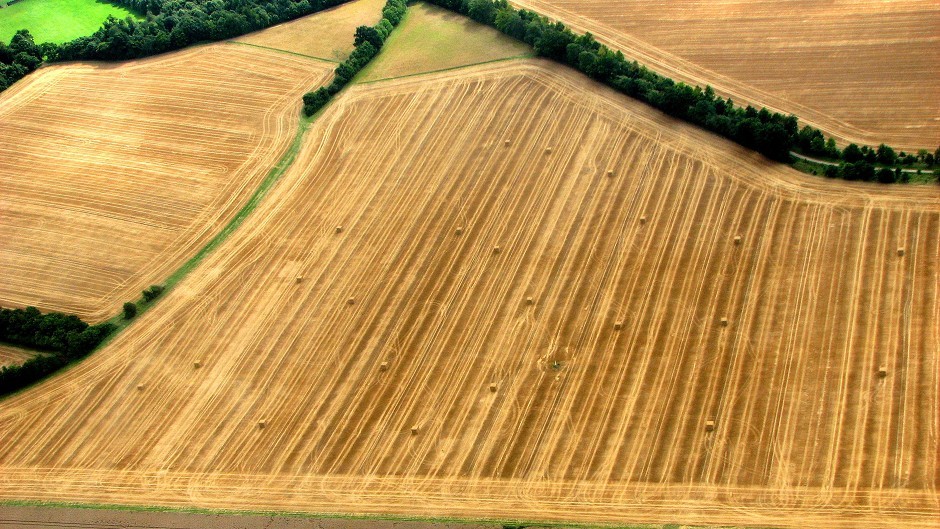Brexit uncertainty is predicted to result in a fall in rural land prices.
According to the Royal Institution of Chartered Surveyors (Rics), the result of the EU referendum vote is weighing heavily on the rural land market.
The body is now calling on government to increase its support for the rural economy in Brexit negotiations, amidst warnings of a slowing down of the land market and a reduction in prices this year.
Results from the trade body’s rural land market survey for the second half of 2016 revealed that demand for Scottish farmland was decreasing.
Survey respondents said the key factors hindering the market were uncertainty over Brexit, insecurities over future subsidies, and low commodity prices.
George Hipwell from Davidson and Robertson Rural said: “Fluctuating commodity prices, reducing subsidy levels, and the UK’s removal from the EU mean the viability of agri-businesses will become increasingly important and as such marginal properties may need to be realistic in order to achieve a sale.”
CKD Galbraith’s Harry Lukas added that buyer enthusiasm had been dampened by problems with farm subsidy payments and lower stock and commodity prices.
In its demands for increased support for the rural sector, Rics has called on the UK Government to guarantee financial support beyond 2020 and provide guarantees over the availability of labour.
It has called on the Scottish Government to ensure continued investment in rural transport and broadband connectivity, and for the creation of a coherent forestry and woodland strategy for Scottish timber.
Rics policy manager for Scotland, Hew Edgar, said: “Any decrease in the overall level of funding for agriculture, the environment and rural development post 2020 could have significant impacts on the rural economy and there is currently little belief amongst those likely to be impacted that current payment levels will be maintained post 2020.
“A targeted rural development policy to assist Scotland’s myriad of land-based businesses become multi-functional enterprises which can capitalise on Scotland’s natural resources, heritage and landscape will be essential post Brexit.”
